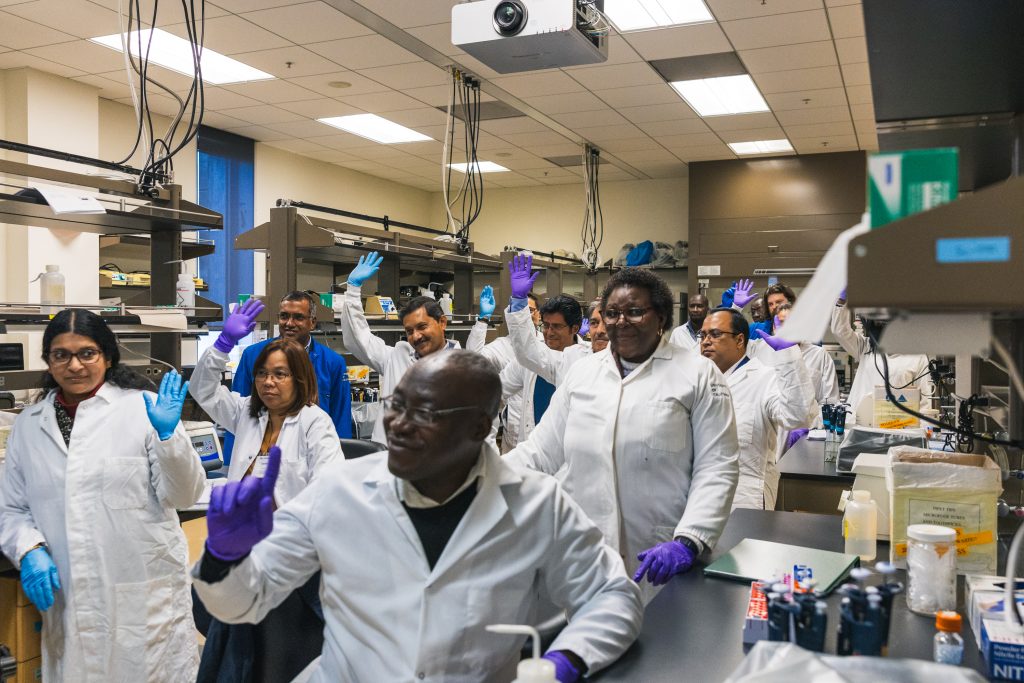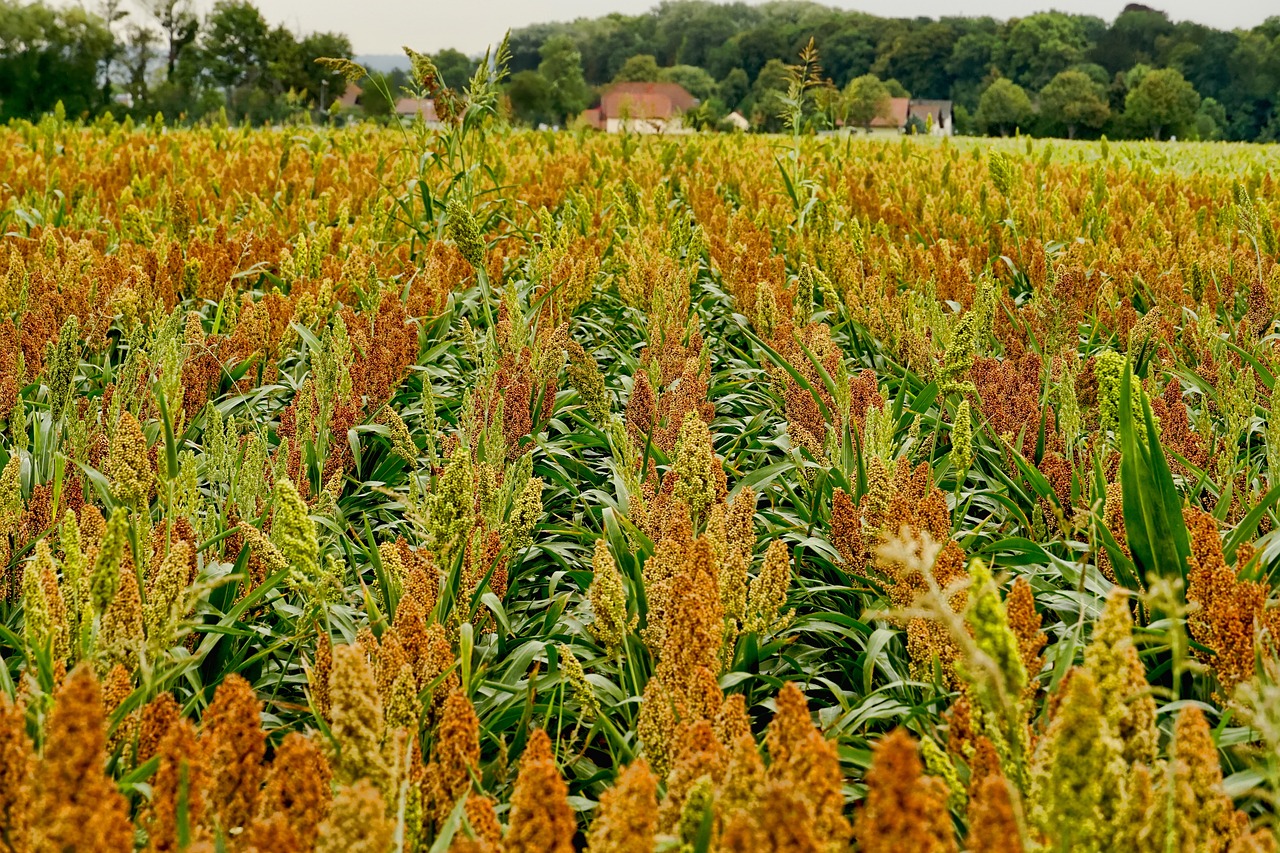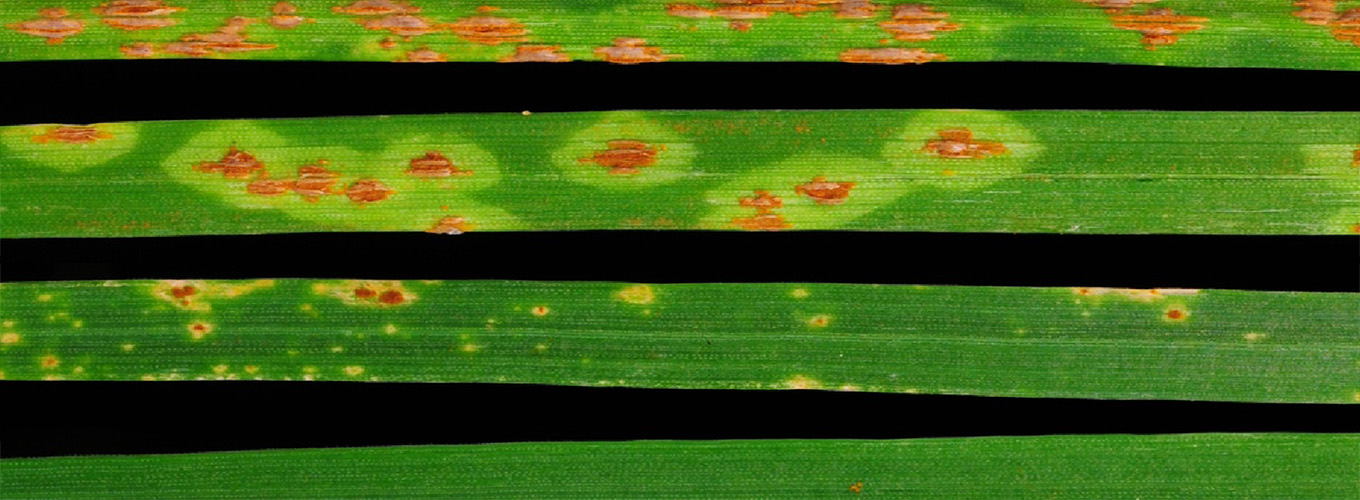
A New Technical Approach to Global Plant Genome Editing Regulation
In early 2024, the IGI brought together regulators from 16 countries as well as representatives from the US Department of Agriculture (USDA), the Inter-American Institute for Cooperation on Agriculture (IICA), and the United Nations Food and Agriculture Organization (FAO) for an in-person Regulatory Capacity Building Workshop for Genome-Edited Agriculture at UC Berkeley to discuss global capacity building for the regulation of genome-edited crops. The workshop provided valuable insights into the regulatory landscape around the world. In a new paper published in Nature Biotechnology, members of the workshop and organizing group share what was learned about the use of technical analyses to validate edits and discuss future considerations surrounding regulatory reporting. The goal of this is to provide a framework and practical suggestions to help countries adapt to the quickly expanding world of plant genome editing, and to develop science-based policies.
Policies around the globe have been changing rapidly to keep pace with the technology, but the current landscape is a patchwork of different approaches. Because many countries differentiate between gene editing and forms of genetic modification that introduce foreign DNA (i.e., transgenic plants or GMOs), tests need to be able to clearly demonstrate the absence of inserted genetic material as well as verify the intended on-target edits. Regulators from some countries also stressed that off-target editing — that is, effects at unintended sites — should also be considered. Overall, the pace of innovation is faster than most countries’ regulations can keep up with, so the group recommended periodic hands-on technical training and continued dialog between scientists and regulators.
Read more: A technical approach to global plant genome editing regulation. Groover et al. Nature Biotechnology (2024) DOI: https://doi.org/10.1038/s41587-024-02489-5



